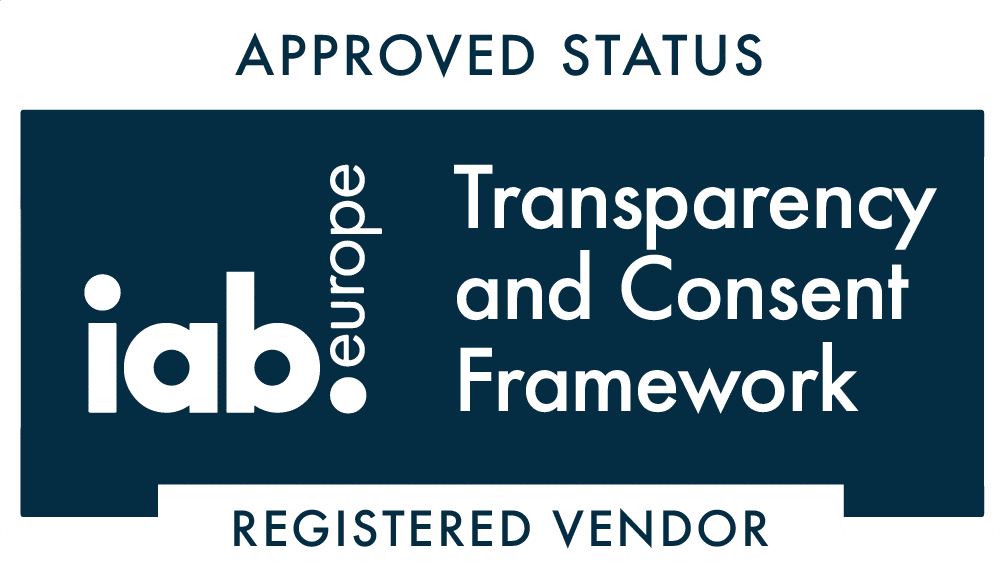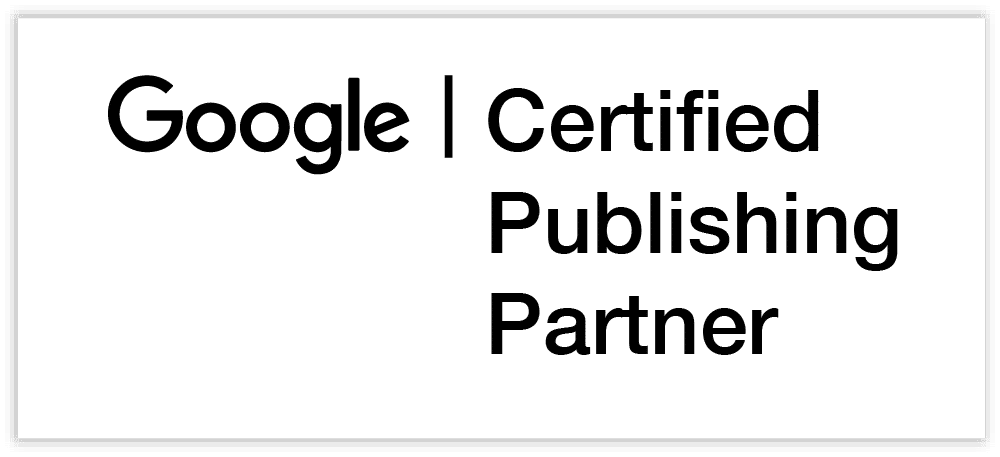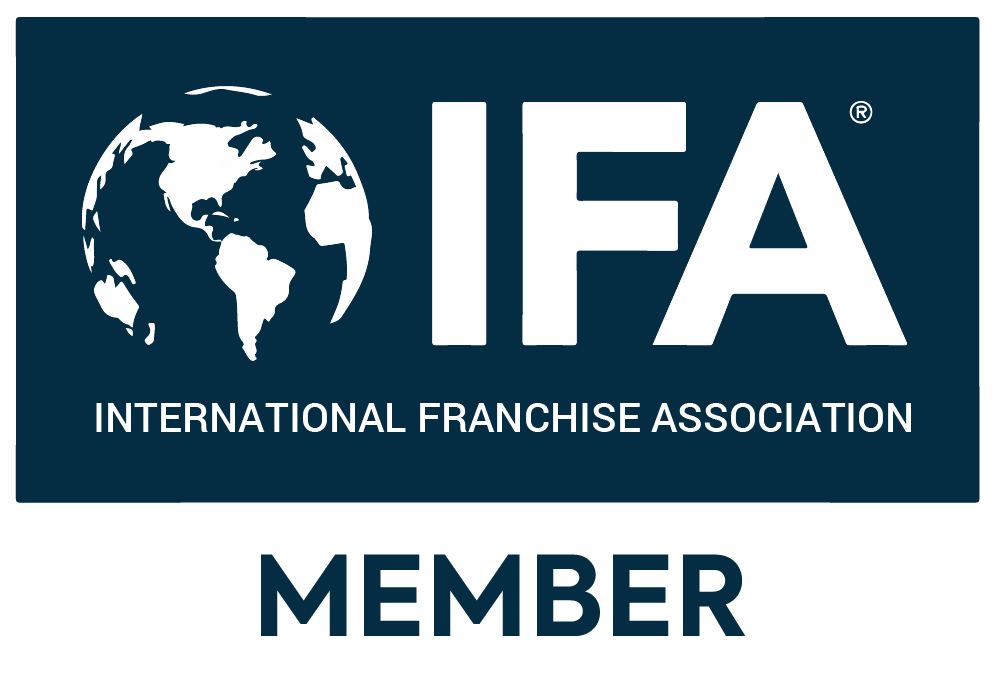Not content with plastering the internet with annoying GDPR pop-ups, the European Parliament is pushing forward with further measures to disrupt the Internet. On June 20th a committee of MEPs voted to accept major changes to European copyright law that many critics claim will “End the internet as we know it”.
The changes concern two articles:
- Article 11 will require online platforms to pay publishers a fee if they link to their news content and has been dubbed “The link tax”
- Article 13 deals with copyright protection and has raised fears that it could put an end to memes, remixes and much user-generated content
Both articles have the potential to seriously impact publisher businesses, both in terms of their operation and the cost of compliance.
What Article 11 could mean for publishers
On the face of it, Article 11 has the potential to be of benefit to internet publishers. The aim is to support smaller publishers by requiring platforms such as Google and Facebook to pay for linking to publisher articles. Dubbed the “link tax”, Article 11 seems to have few supporters outside of politics. The system would require platforms to purchase licenses in advance, meaning that in practice the links would often simply not been shown, further eroding publisher traffic.
Article 11 also requires that an “upload filter” be in place to check for copyrighted work. Such global filters/databases do not currently exist, and the closest equivalents (such as the ISP filters and YouTube’s ContentID) attract much criticism around accuracy. Critics of Article 11 are concerned that any such filters would likely be developed by the internet giants, giving them effective control over what was and wasn’t published online.
There is potential for this change to be of benefit to mid-sized publishers who’s work is frequently featured on the large platforms and are able to attract license fees from them. Whether that will work in practice and how it will impact traffic to less fortunate publishers is still very unclear.
What Article 13 could mean for publishers
Article 13 aims to protect the creators of original work from having that work re-used without their permission. Whilst there is support for the intentions of this change in sectors such as music production, the approach, scope and wording of the legislation has caused widespread concern from almost every quarter.
Critics have cited a huge range of concerns around article 13 from it being a tool for “surveillance and control” to it destroying meme culture. Some of these concerns were most eloquently expressed in an open letter signed by over 70 of the internet’s most influential pioneers, including Sir Tim Berners Lee, Vince Cerf and Jimmy Wales (who between them do know a thing or too about the topic).
The letter centres on the likely cost and liability of smaller publishers and users, rather than the lesser inconvenience to the large platforms that the legislation aims to target. The letter describes the proposals as an “imminent threat to the future” of the internet.
Again, the legislation would require all publishers to implement an “upload filter” scanning submissions for copyrighted work: Technology that does not yet exist and is likely to come with significant overhead when it does. This requirement alone makes Article 13 of particular concern to any publishers working with User Generated Content, such as forums, social platforms, sharing sites, creator tools and even sites with multi-media commenting.
What next for The EU Copyright Directive?
Change of some form is likely needed and almost certain to come, but Articles 11 and 13 are not final yet. The directive will not go to wider European Parliament to vote on in July. The directive would only become law if passed by the entire European Parliament in a plenary vote, most likely to happen some time early in 2019. We’ll continue to analyse likely publisher impact as the story evolves and publish it here and on Facebook/Twitter/LinkedIn. We actively invite publisher thoughts, feedback and concerns on this issue. Tell us in the comments below how you see this could impact your publisher business and we’ll try to address those points in follow-up articles.
